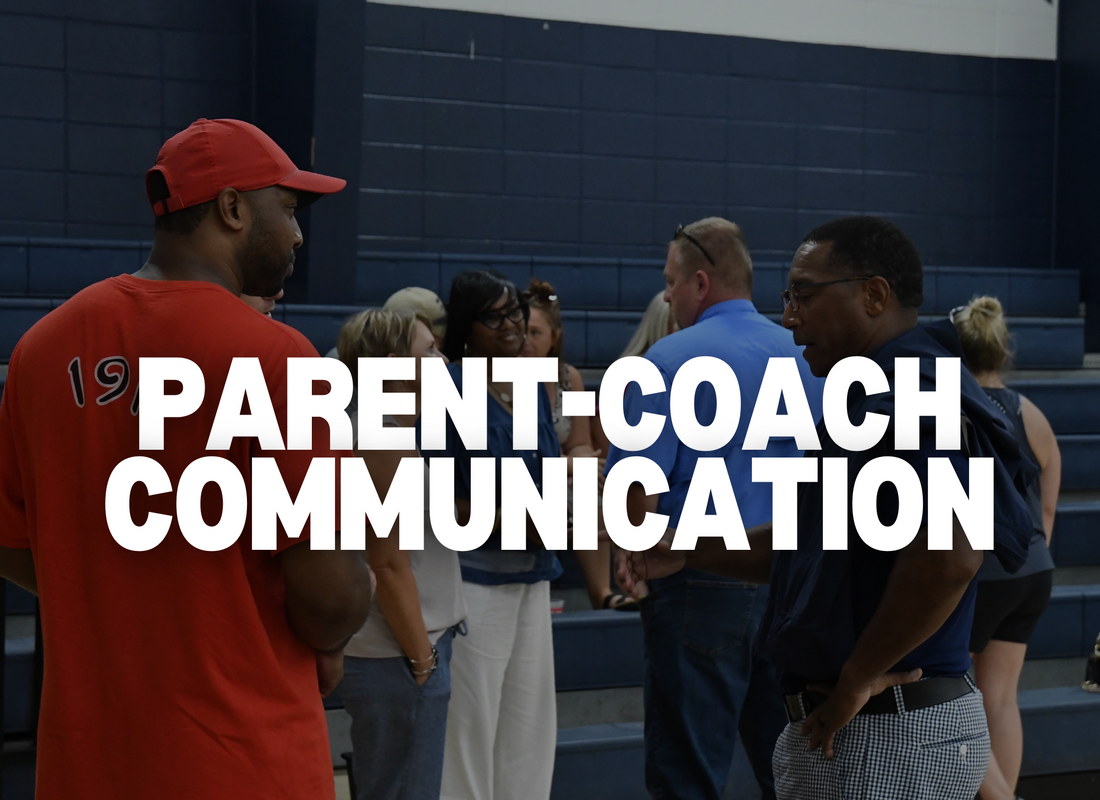
Building Bridges: The Essential Guide to Parent-Coach Communication
Share
Few relationships in youth sports are as important—or as potentially challenging—as the one between parents and coaches. When this relationship works well, it creates an incredible support system for young athletes. When it breaks down, it can derail athletic development and create unnecessary stress for everyone involved. After years working with families and coaching staff, I've seen firsthand how proper communication makes all the difference.
Why Parent-Coach Communication Matters
Effective communication between parents and coaches creates a united front that benefits the young athlete in numerous ways:
- Consistent messaging: When coaches and parents align their expectations and feedback, athletes receive clear, consistent guidance.
- Holistic development: Coaches see athletes in practice and competition; parents see them at home. Sharing these perspectives creates a more complete picture of the athlete's needs.
- Reduced anxiety: Open communication channels reduce misunderstandings that can cause stress for the young athlete caught in the middle.
Communication Pitfalls to Avoid
Before diving into best practices, let's address common communication mistakes that damage the parent-coach relationship:
The 24-Hour Rule: Emotions and Timing
One of the most important rules for parent-coach communication: wait 24 hours after a game or competition before discussing sensitive issues. This cooling-off period allows emotions to settle, leading to more productive conversations focused on solutions rather than heat-of-the-moment reactions.
Undermining Coach Authority
When parents consistently question coaching decisions in front of their children, it undermines the coach's authority and confuses the athlete about whose guidance to follow. Even when you disagree with a coach's approach, find appropriate private channels to discuss concerns.
The "My Child Only" Perspective
Remember that coaches must consider the entire team, not just your athlete. Approaching conversations with an understanding of the broader team context will make your communication more effective and respected.
Building Effective Communication Channels
1. Establish Communication Preferences Early
Start the season by understanding the coach's preferred communication methods:
- What platform works best? (Email, team app, text messages, in-person)
- When are appropriate times to reach out?
- What topics should be addressed immediately versus scheduled for a meeting?
Many misunderstandings begin simply because parents use communication channels that coaches find disruptive or inappropriate.
2. Attend Pre-Season Meetings
Most coaches hold team meetings at the beginning of the season. Make these a priority. These meetings typically cover:
- Coaching philosophy
- Team rules and expectations
- Communication protocols
- Season goals and approach
This information provides valuable context for future conversations and demonstrates your commitment to supporting both your athlete and the team.
3. Frame Conversations Productively
When you need to discuss a concern, how you approach the conversation matters enormously:
Instead of: "Why isn't my child playing more?"
Try: "I'd like to understand what skills my child needs to develop to earn more playing time."
Instead of: "Your training methods aren't working for my child."
Try: "I've noticed my child struggling with certain drills. Could we discuss how I might help reinforce these skills at home?"
Framing conversations around collaboration rather than criticism opens doors rather than creating defensiveness.
4. Involve Your Athlete Appropriately
For younger athletes, parents naturally take the lead in coach communications. As athletes mature, gradually involve them in these conversations. By high school, athletes should handle most routine communication with coaches themselves, with parents stepping in only for significant concerns.
This progressive approach teaches athletes valuable self-advocacy skills while respecting their growing independence.
5. Recognize Appropriate Topics
Certain topics are appropriate for parent-coach discussions:
- Health and safety concerns
- Academic conflicts
- Family circumstances affecting participation
- Questions about helping your athlete improve
Other topics generally fall under the coach's domain:
- Playing time decisions
- Game strategy and tactics
- Team selection and positioning
- Training approaches
Understanding this distinction prevents many common conflicts.
When Challenges Arise
Even with the best intentions, communication challenges may emerge. When they do:
- Address issues directly with the coach first before escalating to administrators
- Document conversations so you can reference specific points in follow-up discussions
- Focus on your athlete's experience, not comparisons with other players
- Seek to understand the coach's perspective before pressing your position
- Be willing to find middle ground rather than viewing discussions as win/lose situations
The Power of Positive Communication
While much of this article focuses on navigating challenges, don't overlook the impact of positive communication:
- Thank coaches for their time and dedication
- Acknowledge improvements you've seen in your athlete
- Offer assistance with team needs (without expecting special treatment in return)
- Express appreciation for specific coaching moments that positively affected your child
Coaches pour countless hours into developing young athletes, often with minimal compensation. Recognition of these efforts builds goodwill that benefits everyone involved.
Conclusion
The parent-coach relationship doesn't need to be adversarial. With intentional communication strategies, both parties can work together to create the supportive environment young athletes need to thrive. Remember that despite different roles, coaches and parents share the same fundamental goal: helping young athletes develop their skills, character, and love for their sport.
By approaching communication thoughtfully, parents can transform this critical relationship from a potential source of tension into one of the strongest pillars supporting their young athlete's journey.
